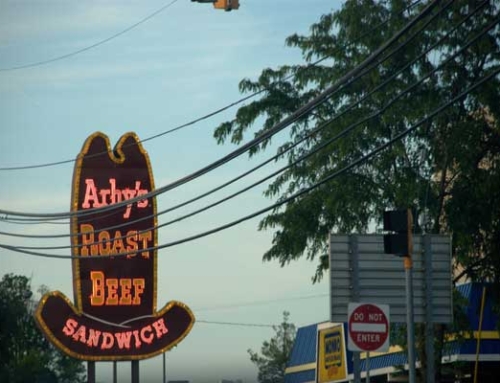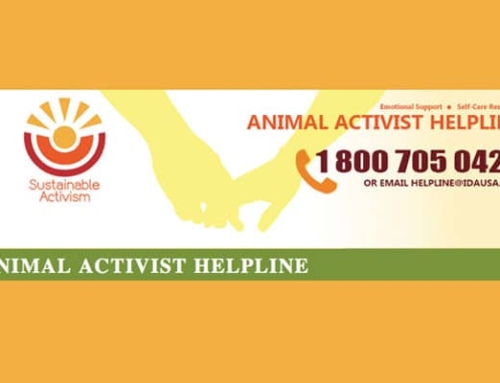We’re Still In Trouble
Disclosure: This post may contain affiliate links
Recently, the HSUS and the United Egg Producers came to an agreement about hen welfare. Some actually call this a huge victory. We're still in trouble.

What's in this post
Share This Story!
We’re Still In Trouble
By Ann LaGoy, Guest Contributor
Recently, the Humane Society of the United States and the United Egg Producers came to an agreement. As a team, they will work together to support federal legislation outlining new conditions laying hens endure and the timing and criteria that dictate when and how they will be killed.
Taken from HSUS and UEP joint statement (my comment in italics):
- Require conventional cages (currently used by more than 90 percent of the egg industry) to be replaced, through an ample phase-in period, with new, enriched housing systems that provide each hen nearly double the amount of space they’re currently allotted. Egg producers will invest an additional $4 billion over the next decade and a half to effect this industry-wide make-over;
The ample phase-in period is ample indeed, 18 years; to be completed by the year 2029. At its highest increase the space each individual hen would have to fight over with other caged hens will expand from slightly less than 8.2″ x 8.2″ to 12″ x 12″. At its lowest increase they would have just shy of 11″x11″; that’s less than .183 sq” per year. As an aside, I don’t give a damn how much the industry is spending to make these measly changes. How many billions are they making off the torment of laying hens?
- Require that all egg-laying hens be provided, through the new enriched housing system, with environments that will allow hens to express natural behaviors, such as perches, nesting boxes, and scratching areas;
Approximately one year ago the HSUS made this statement: “While they (furnished cages) do allow caged hens to engage in a larger array of natural behavior patterns, furnished cages do not enable hens the freedom of movement and environmental conditions necessary to achieve an acceptable level of welfare.” The enriched housing system now has hens competing for nests and perches, which are mere inches off the bottom of the cage. Ever heard of pecking order? Why has the HSUS backed down on this?
- Mandate labeling on all egg cartons nationwide to inform consumers of the method used to produce the eggs, such as “eggs from caged hens,” “eggs from hens in enriched cages,” “eggs from cage-free hens,” and “eggs from free-range hens”;
The labeling of egg cartons, while useful to the educated few who fully understand what the differences are between cages, enriched cages, cage-free and free range hens will do nothing for individuals who do not. For example, at first blush cage-free conjures up lovely images of hens scurrying about in dirt and field. In reality, these hens may never see the light of day. Cage-free hens can actually live on the second floor of a building; housed by the thousands in one expansive space.
- Prohibit feed- or water-withholding molting to extend the laying cycle, a practice already prohibited by the United Egg Producers Certified program adhered to by a majority of egg farmers;
Withholding basic necessities like food and water is deplorable outright; we don’t need to applaud the industry for not sinking to this incredible low. I wonder, however, what protections these hens will have if they are fed correctly (this term used loosely, as feed often contains material not normally eaten by hens) and not laying at all time. Will they be considered “spent” because they are not producing?
- Require standards approved by the American Veterinary Medical Association for euthanasia for egg laying hens;
Standards approved by the AVMA have yet to be outlined.
- Prohibit excessive ammonia levels in henhouses;
Excessive ammonia levels have yet to be defined.
- Prohibit the sale of eggs and egg products nationwide that don’t meet these requirements.
Who will be responsible for overseeing these requirements, and how much funding will be earmarked for that endeavor?
Humane Society of the United States press release:
“America’s egg producers have continually worked to improve animal welfare, and we strongly believe our commitment to a national standard for hen welfare is in the best interest of our animals, customers and consumers,” said Bob Krouse, chairman of UEP and an Indiana egg farmer. “We are committed to working together for the good of the hens in our care and believe a national standard is far superior than a patchwork of state laws and regulations that would be cumbersome for our customers and confusing to consumers… A shared understanding of this is where America is going.”
I find that harder to choke down than one of your eggs, Mr. Krouse. If this is where America is going, we’re still in trouble. I am also troubled by the agreement: “to pass comprehensive federal legislation for standards of egg production puts a hold on planned ballot measures related to egg-laying hens in both Washington and Oregon.” The agreement that the Humane Society is gleefully announcing ties the hands of more localized government standards that might provide a more reasonable protection for laying hens. Now, they can’t raise the bar, even if they wanted to.
Some actually call this a huge victory. You’ll excuse me if I don’t break out in “We Will Rock You”.
Photo: Farm Sanctuary






[…] endure and the timing and criteria that dictate when and how they will be killed. My guest post at YourDailyVegan.com Tags:Humane Society of the United States, United Egg Producers, Your Daily […]